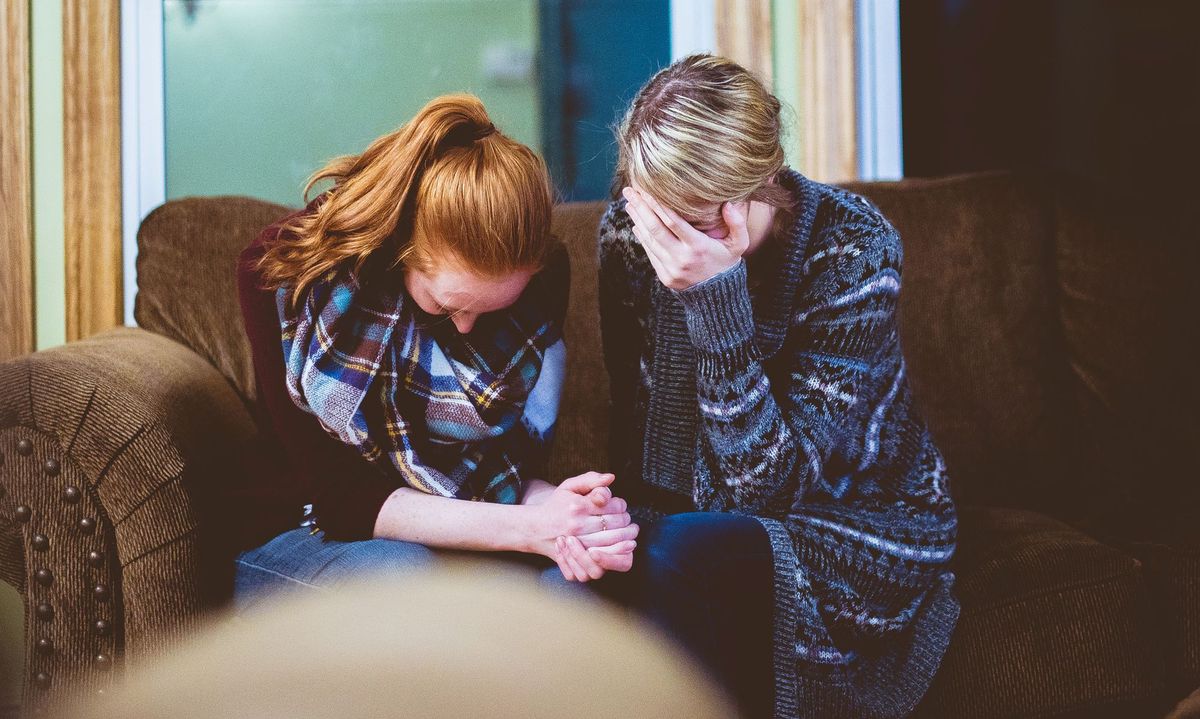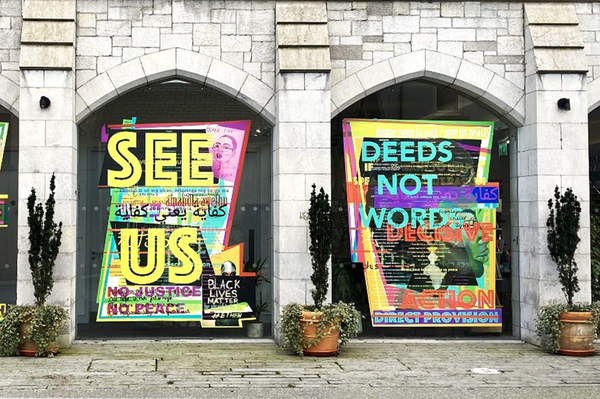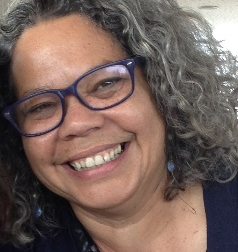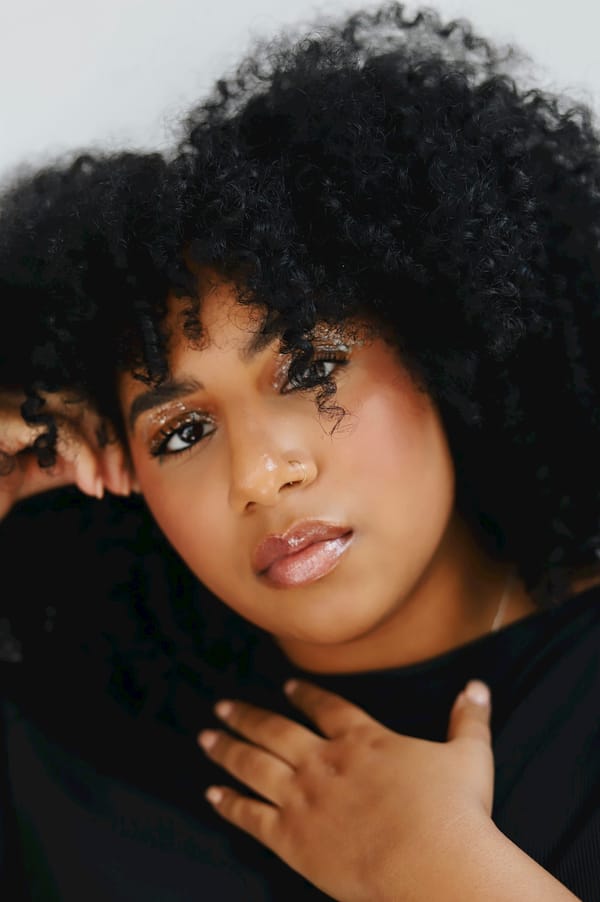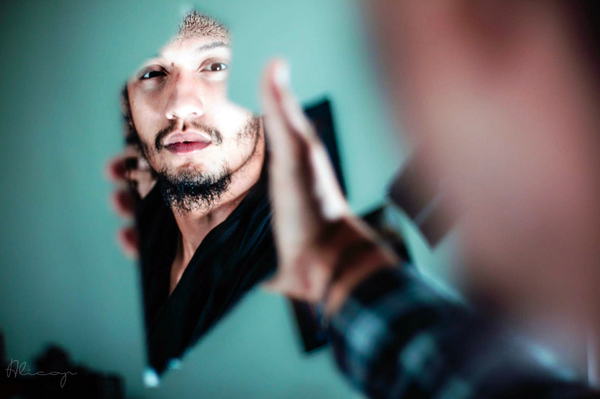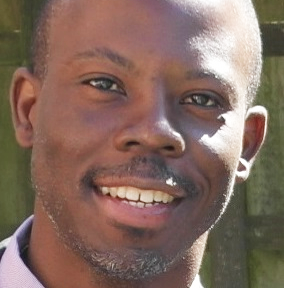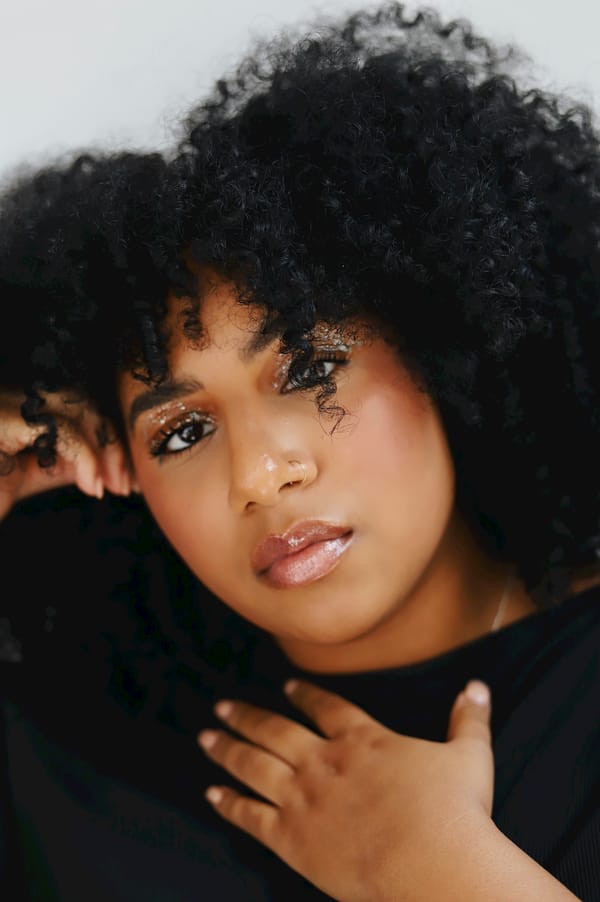For some white folks, the fight against racism is an important and ongoing effort. For the vast majority of us, though, there’s an ebb and flow depending on world events, plus the cluelessness that comes with white privilege. Despite America’s long history of racism or even the sharp increase in hate crimes and racist rhetoric the past half decade or so, George Floyd’s murder just last year (and that it was caught on video) was a profound moment of awakening for many—the likes of which haven’t been seen since the Civil Rights Movement of the 1960s.
Last summer, white people turned out in large numbers at Black Lives Matter protests for the first time, despite the pandemic, and began recognizing and supporting anti-racism efforts across social media and other settings. Confederate statues have finally come down, buildings have been renamed, racist politicians and celebrities are being called out. Although the activity has died down a bit, a large percentage of white Americans would say they are appalled by what they’ve learned and now consider themselves to be allies to People of Color.
The rest of us would say vehemently that we absolutely believe in equal rights and are definitely not racist.
Most people who understand racism would agree that either you’re racist or you’re not—you can’t really be “a little bit” racist. Certainly, some white people are loud and proud about their racism—joining groups like the Proud Boys or the KKK, for example, continuing to display confederate flags, saying the “n word.” Some are quieter about their racism. They might never say a negative word, but wouldn’t date a Black person or have a Black family move into their neighborhood. Still others would deny being racist but are so uninformed they don’t recognize it in their actions. The rest of us would say vehemently that we absolutely believe in equal rights and are definitely not racist.
The truth is, being a racist has such a negative connotation in our society that few people outside of the Proud Boys would admit to it, even to ourselves. “We chose the (unspoken: white) candidate because she fits in better with our company’s culture.” Saying something that might be perceived as racist could cost a person their job and/or reputation, which would at the very least keep some people quiet about their feelings. It can even be physically dangerous in the wrong situation. But many of us recognize that treating someone differently based on skin color is wrong or even abhorrent.
All of that said, I would argue that every single one of us is racist. Every. Single. One.
“What?! Not me!" Before you pop a gasket, though, let’s unpack it a bit—and talk about why it’s so important to acknowledge, especially to ourselves.
Racism Defined
“Racism,” like most words in our regular lexicon, is probably not a term we’ve looked up in the dictionary recently. We all know it, right? It means people who don’t like people of another color! We might not be able to provide precise instances of systemic racism, for example, but we get the gist. And yet “The Talk” host Sharon Osbourne, “The Bachelor” host Chris Harrison, and—gack—the entire Royal Family are probably still reeling over the very idea they could be racist, even though they’ve all been convicted in the court of public opinion already.
Then there are the aspects we’re not sure about, like whether Black people can be racist. Or how colorism works. Or when the differentiation isn’t negative—such as, Black people are better athletes. Can there be degrees of racist? All in all, best to establish common ground.

Merriam-Webster defines racism as:
- A belief that race is a fundamental determinant of human traits and capacities and that racial differences produce an inherent superiority of a particular race; also : behavior or attitudes that reflect and foster this belief : racial discrimination or prejudice
- a: the systemic oppression of a racial group to the social, economic, and political advantage of another; b: a political or social system founded on racism and designed to execute its principles
Note there are three important components. At its most basic, racism is the belief that everybody of a given skin color automatically/genetically shares common traits. One might view those traits or good, bad, or some mixture thereof, but at its core this is the beginning of “othering”: this person of another race isn’t quite like me. It can also be a slippery slope, based on what others say or our limited experiences with Black folks, that can go downhill fast. Yet geneticists note that we are all essentially the same, with 99.9 percent identical genes across all “races.” And differences commonly attributed to race are typically due to another cause such as geography or socioeconomics.
Part two of the definition of racism is hierarchical: that the traits associated with a particular race make every person of that color/“race” better or worse than those with other skin colors. Although “white supremacy” was originally associated with groups like the KKK, usage today has been expanded to more accurately encompass anyone with racist opinions, as any notion of race-based traits ultimately leads to the idea of social “hierarchy” based on skin color.
. . . systemic racism has been woven into the very fabric of American society since its inception and is a basic tenet of capitalism.
Part three, “systemic racism,” is a newish term that wasn’t added to the dictionary until just last year but in practice the concept has been around forever. Systemic racism recognizes that the racial hierarchy resulting from racism is formally baked into our politics, laws, financial dealings, education, hiring, housing, voting rules, and more. Most white people find this level of racism hard to believe. A common phrase uttered with exasperation is, “Black people see racism in everything.”
Fair-minded white people who examine the evidence, however, are horrified. In fact, systemic racism has been woven into the very fabric of American society since its inception and is a basic tenet of capitalism. It’s also the core of white privilege: the idea that, all else being equal, the person with white skin will fare better than the one with darker skin due to the biases and advantages built into our social structure.
These three aspects of racism build on each other. While it might be tempting to suggest that seeing slight differences in people, real or otherwise, is hardly hard-core racism, dividing people into categories and “othering” is the first inexorable step toward systemic racism.
It’s Ugly . . . but Innate
Although science has proved that our DNA is nearly identical across all races, as noted, “tribalism”—or the belief that the people in your immediate “tribe” (those with whom you share certain commonalities and self-identify) are superior—seems to also be baked into our DNA. (See Tribalism Is Human Nature.) Way back in the day, tribalism was essential to one’s very survival, as prehistoric people needed to determine whether strangers were friend or foe, often within seconds. One can see how visual cues might be critical.
However, as humankind became more civilized and more integrated, these cues have become less meaningful. We’ve learned that shared interests and values are more important factors in building our “tribe” than how similar our friends might look. What is the likelihood, for example, that all of your friends have green eyes, or are of a certain height? This diversity of backgrounds and cultures can also lead to new and better ways of doing things than “the same old way,” and even help dilute genetic illnesses that can decimate more isolated populations.
Unfortunately, much like the spleen or gallbladder, humans can evolve enough to eliminate the need for something, but it will take thousands of years for the need to actually disappear—and so it is with tribalism and, hence, racism. Just as we continue to have our defective gallbladders removed, we’ll have to continue to fight racism (along with xenophobia, homophobia, religious discrimination, and any variety of othering).
“But That Doesn’t Make ME Racist . . . ”
Chances are, if you’ve read this far, you are intellectually and morally enlightened enough to know that racism is problematic, even despite the natural tendency to prefer “our own.” We want to be the best person we can be and we’d like to believe we’ve risen above this pesky social gallbladder of sorts. However, it’s not that easy. Because racism is built into our systems, hidden in the history of words, and gussied up to be presentable in so many actions and conversations, we literally can’t avoid being influenced by it on some level. How many of the following have you heard?
- Why is that (Black) kid walking in my (white) neighborhood? He doesn’t live here . . .
- Why can’t Black people do better—slavery was centuries ago!
- I don’t mind Black people; they’re just less attractive to me.
- I don’t see color.
- Black people are naturally more athletic.
- Black people struggle with drugs and violence, and yet they complain about cops?
- I wouldn’t mind Black neighbors, but they’d bring down the value of my home.
- This is obviously a poor (Black) area, I’d better lock my car doors.
- Shooting that Black kid was wrong, but police have a tough job and have to make quick decisions.
- He (famous historic white person) did racist things, but those were different times.
- Why can’t they just do whatever the policemen ask?
- She shouldn’t have worn blackface, but it was several years ago; she’s a good person.
- They have every right to protest, but then it always becomes destructive.
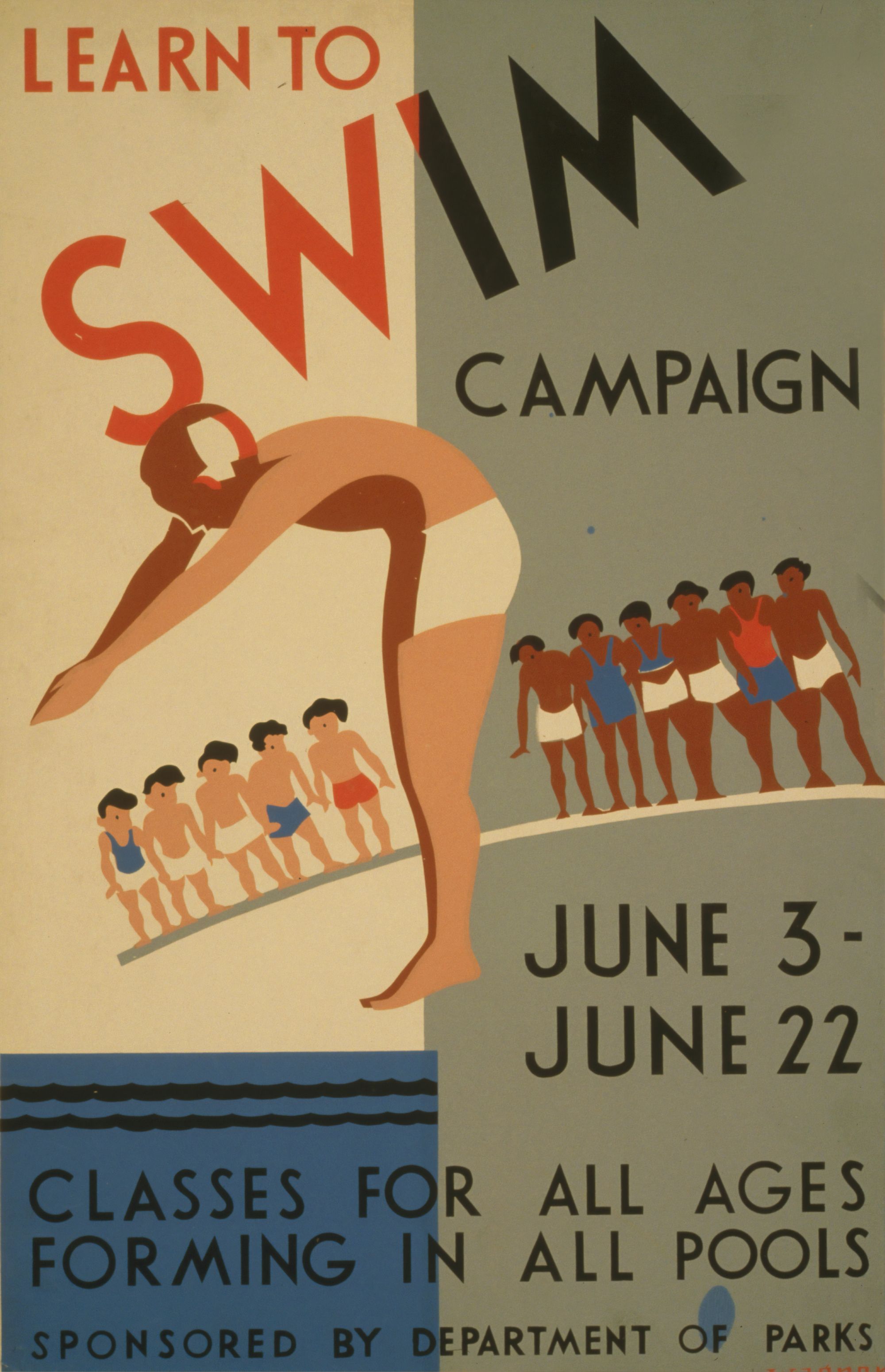
I could go on . . . I have heard these comments a billion times, and I’m sure we all have. Some are more blatantly racist than others, but they all play upon our opinions when we see them so often—and frequently from people in power or in the so-called unbiased media. Some scientists, for example, have touted an actual “scientific formula for beauty” that is in reality based on whiteness. The news will describe a Black suspect by their prior record and show a mugshot, while sharing a family photo of a white suspect and talk about their mental illness. The fact that we work and live in mostly white settings also makes it difficult to pinpoint racist moments (nor will many Black friends feel comfortable enlightening us).
Why It Matters
I’m sure I exaggerated when I said that we are all racist. Perhaps you never lock your car door when you’re stopped at a red light and young Black men are standing nearby. Perhaps you don’t feel your pulse speed up the tiniest bit. Perhaps you don’t even notice them!
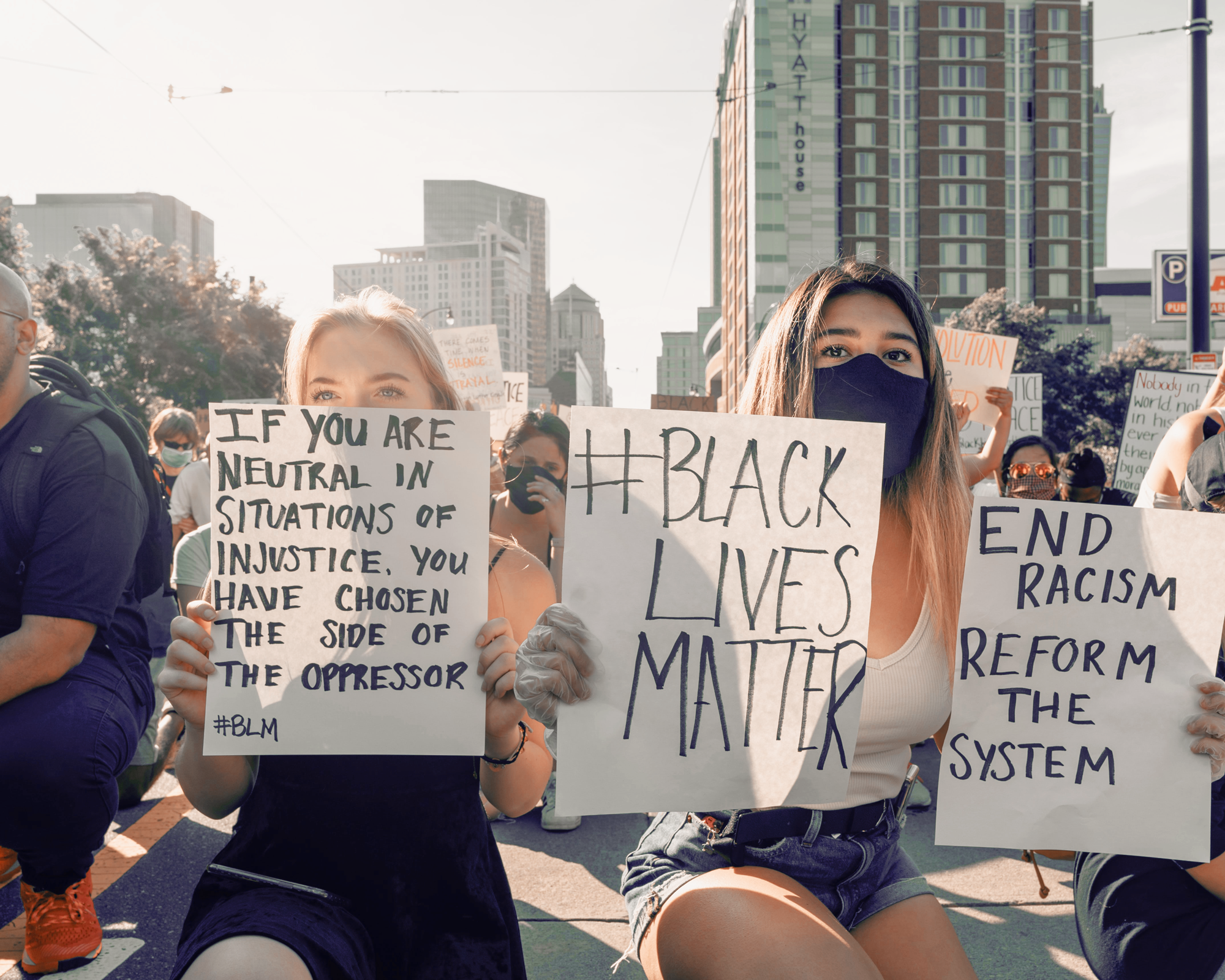
The out and proud racists in America might be the loudest, but they’re only a small fraction of the problem. When most white people vote for a clearly racist candidate, though, there’s the bigger part of the problem—and quite a few of those people were angry that others called them racist. Those who don’t vote for the racist aren’t necessarily doing so for the right reasons, either. As Martin Luther King, Jr. wrote:
“I must confess that over the past few years I have been gravely disappointed with the white moderate. I have almost reached the regrettable conclusion that the Negros great stumbling block in his stride toward freedom is not the White Citizens Counciler or the Ku Klux Klanner, but the white moderate, who is more devoted to order than to justice; who prefers a negative peace which is the absence of tension to a positive peace which is the presence of justice [...]”
—Letter from a Birmingham Jail
The reality is that we white folks don’t know what we don’t know. We try to be good allies, we defend our Black friends, we march, we post . . . but we can’t recognize our own racism. Most of us never will. Although I’ve studied the issue for years, I still get tripped up regularly! I still aggravate my Black friends on occasion. And that’s okay—because I’m trying to do the work of becoming better. Whereas, the new report on racism in the UK that says they’re doing just fine probably won’t change a thing.
We can’t learn from what we deny. You don’t have to admit your racist moments to your Black friends, or even out loud to anyone. The important thing is that you’re aware, you’re listening, and you’re learning. If a Black friend gives you the side eye, keep an open mind. If I’ve learned one thing, it’s that Black people understand racism a whole lot better than us white people, probably because we’re the cause. So don’t take it personally, and just keep working to be your best self. And if more of us do that, we will obliterate this damn gallbladder.


